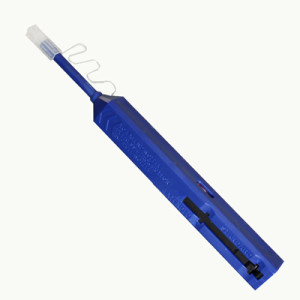Fiber-optic connectivity is on the rise in the data center as cloud uptake grows and a services-based technology climate becomes pervasive. Service providers are looking for ways to simplify deployment and delivery of new services and fiber optics offer a fast and efficient way to handle the onslaught of traffic and services.
According to ACG Research, the global market for optical data center interconnect (DCI) technology is set to reach $4.7 billion by 2019, growing at an accelerated 44.9 percent CAGR from 2014. Fueled by new and expanded data center deployments along with the need to automate and virtualize a host of functions, high-speed optical DCI connections meet demands for increased capacity, better resiliency and versatility.
Fiber-optic modules and cable types are also evolving to meet the unique needs of the data center. While the SFP module format is a standard for 1 GbE, the SPF+ module has evolved to support speeds up to 10 GbE, in the same small form factor as the original SFP module. And many switches support both SFP and SFP+, offering scalability and flexibility for data center operators.
Most fiber optic cables now include digital diagnostic monitoring or digital optical monitoring, which provide information about the optics to the platform the cable is connected to. Switches pull critical information like receive light level, transmit power and transceiver temperature in real time and report it to data center administrators. This enables quick and easy troubleshooting for a variety of optical link issues while also ensuring the cable and transceiver are operating up to capacity.
Two major data center fiber-optic announcements within the past week signify the massive uptake within the data center sector. U.K.-based cloud and hosting provider BSO announced a fiber-optic network between the New York City financial district and Chicago’s financial district, connecting several Equinix data centers along the way. Amazon is also exploring the best route for a planned fiber-optic cable system across the Pacific Ocean, which will connect data centers in the US, Australia and New Zealand. The cable is expected to go live in 2018.





